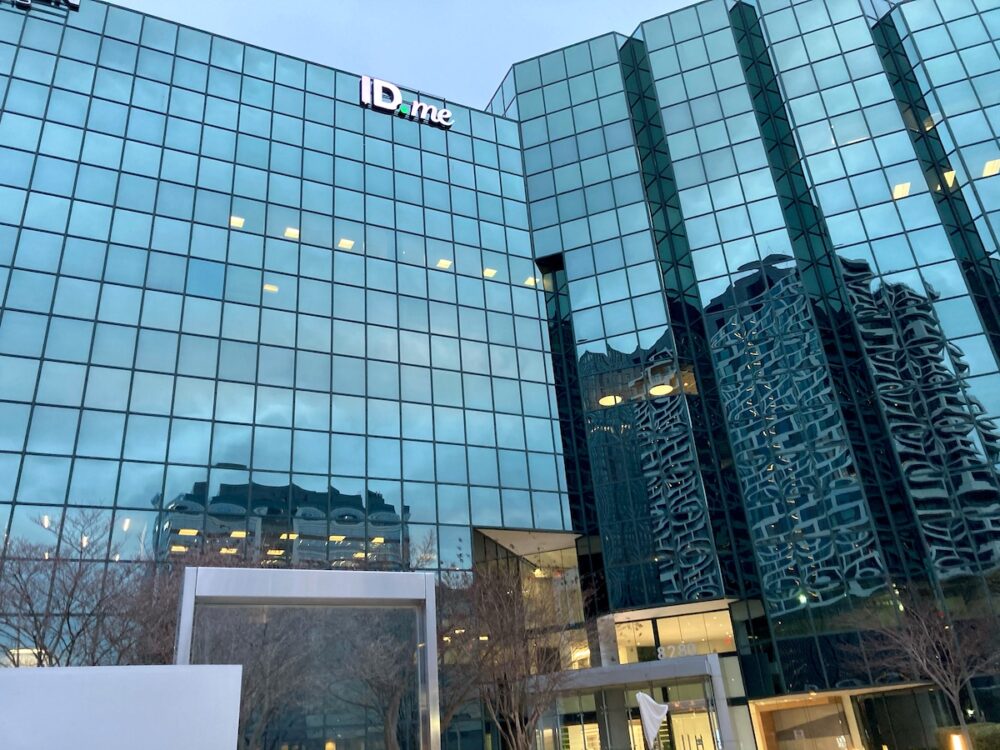After adding 1,400 employees to its team in under 12 months, it’s safe to say that McLean, Virginia-based identity tech firm ID.me knows a thing or two about hiring.
With not one but two $100 million megarounds on the books, not to mention a valuation over $1.5 billion, ID.me has completed a multitude of scaling efforts in 2021. In the past year, it’s added thousands of members to the team and bumped up to 64 million members. With that, according to ID.me, comes a very deliberate and thorough search for new team members that lines up candidates with the company’s mission.
Alexei Czeskis, VP of engineering at ID.me, said that as the company has grown so much over the past year, candidates have been drawn in by its identity, mission and the impact personal security can have.
“With a smaller company that’s going through a growth phase, everything you do will impact the direction of the company over the next five to 10 years, both from a technology perspective and from a product perspective,” Czeskis told Technical.ly. “Candidates really, really look for that.”
With that attraction of applicants, ID.me has a large pool of candidates to pare down, even with its growth. Right now, Czeskis said the company is looking for “full package” candidates, i.e. those with both technical skills and soft skills. It’s also seeking full-stack developers who can apply that wide breadth of knowledge to the company’s work, even though it is primarily a Ruby on Rails company.
What’s also appealing, he said, is a candidate that’s always learning, be it on the tech side or looking to grow when it comes to leadership, communication or being an overall team player. Earlier this year, CEO Blake Hall told Technical.ly that the company specifically looks to avoid hiring pessimists and looks for those that will create a positive work environment.
“I think [the tech industry] is starting to realize that really people who can self-motivate, can learn from and motivate others, can really be there to transform the company, are the people that are really going to be the ones that really help you,” Czeskis said.
To help find these candidates, Czeskis said, ID.me’s interview process is two-prong: a tech piece and a softer skill portion. On the soft-skill side, he said the team keeps an eye out for fellow team players and folks who want to come in and make a difference at the firm, and measure personality and behaviors against ID’s own values.
We look for, do you have a broader understanding, besides just how to write code, of how things come together?
When it comes to tech skills, ID.me asks standard coding questions, but might follow it up with a question on how an algorithm behaves when new data is added or aspects change.
The goal, Czeskis said, is to make sure candidates have a comprehensive view of how a system works, how it’s composed and a broader background of how it exists amongst other technology. Although, he noted, ID.me is always looking to evolve its interview process and make sure it’s the best system to find the right candidates, which includes looking to remove implicit bias from hiring and accessing all parts of the pipeline.
“When you build out a large system you usually work on a particular piece of it, but it really interacts with many other pieces within your organization, within your tech stack,” Czeskis said. “You have to understand what role those pieces play and how they intercept with whatever you might be working on. So we look for, do you have a broader understanding, besides just how to write code, of how things come together, how they glue together and how the whole system is made?”
In 2021, Czeskis said, while ID.me was looking for generalists for most roles, the top specialties it was searching for included machine learning, AI, security and skills related to the cloud. Going into 2022, he doesn’t see those going anywhere, and he anticipates even more need for security and authentication skills as the work moves more and more remote.
And with remote work, he expects the industry to continue focusing on equity and increased flexibility when it comes to employment.
“Access and equity for more people, I see that being a theme throughout technology and throughout applications where things that were previously just in physical space are now going to have a duality in individual space,” Czeskis said.







